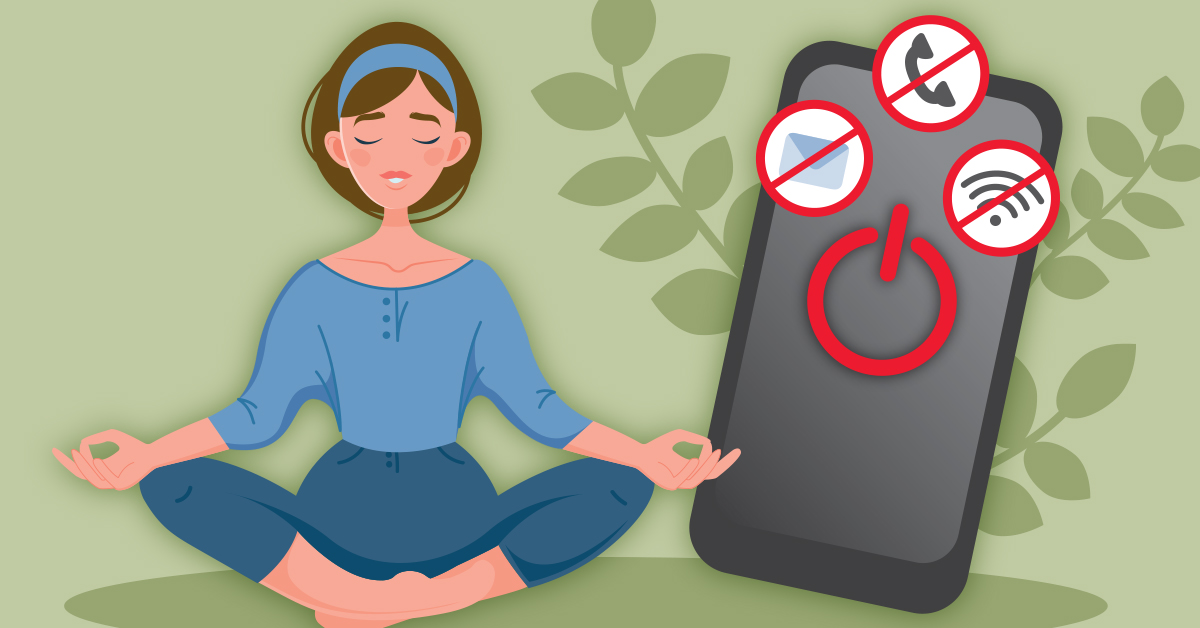The shift to remote work has transformed modern employment—but not without consequences for mental wellness. Research shows that while working from home can improve flexibility and reduce commute stress, it may also increase risks of isolation, anxiety and burnout. One systematic review found that employees who experienced prolonged remote work reported elevated psychological distress, particularly when social contact was minimal and organisational support weak.
Experts emphasise that the mental‑health impact of remote work is context‑dependent. For some individuals it boosts work‑life balance and reduces stress—especially where commute and office distractions are significant. Conversely, in other cases the lack of face-to‑face interaction, blurred boundaries between home and work and constant connectivity drive anxiety, depression and diminished well‑being. Recognising these dynamics allows workers and leaders to adapt strategies that align with individual experience, build expertise in remote‑work wellness, and foster organisational authoritativeness and trustworthiness.
Here are three practical guidelines to maintain mental wellness in a remote‑work context:
-
Set and guard your boundaries — establish clear start and end times, avoid checking work apps off‑hours, and communicate your availability to colleagues.
-
Stay connected with colleagues and peers — schedule regular video check‑ins, informal chats and social virtual events to counteract isolation and maintain team cohesion.
-
Design your workspace and routine thoughtfully — choose a dedicated area for work (even a corner will do), incorporate micro‑breaks and maintain a consistent end‑of‑day ritual to signal transition from work to rest.
By integrating these practices, you honour the four pillars of E‑E‑A‑T: experience—acknowledging personal mental‑health responses; expertise—applying evidence‑based adjustments; authoritativeness—drawing from credible research; and trustworthiness—committing to sustainable habits. In doing so, remote work can be not only productive—but mentally healthy too.





